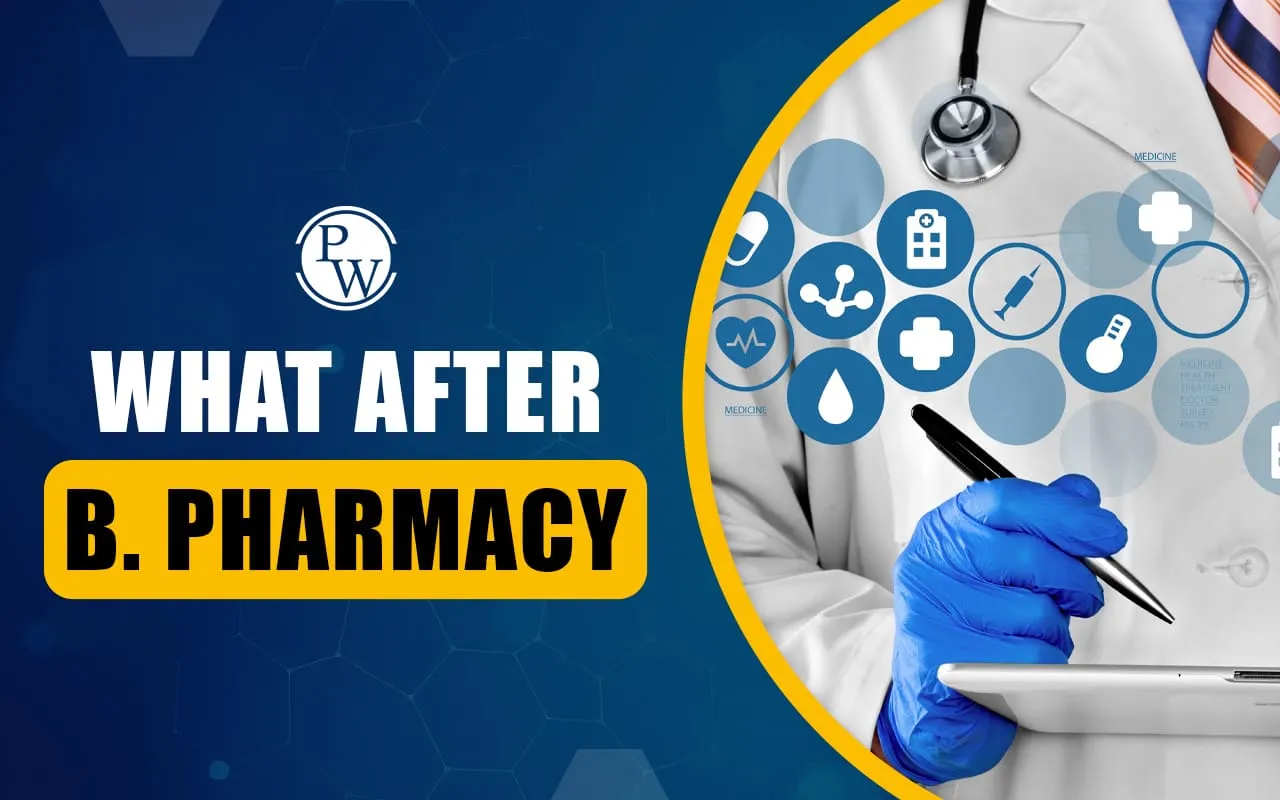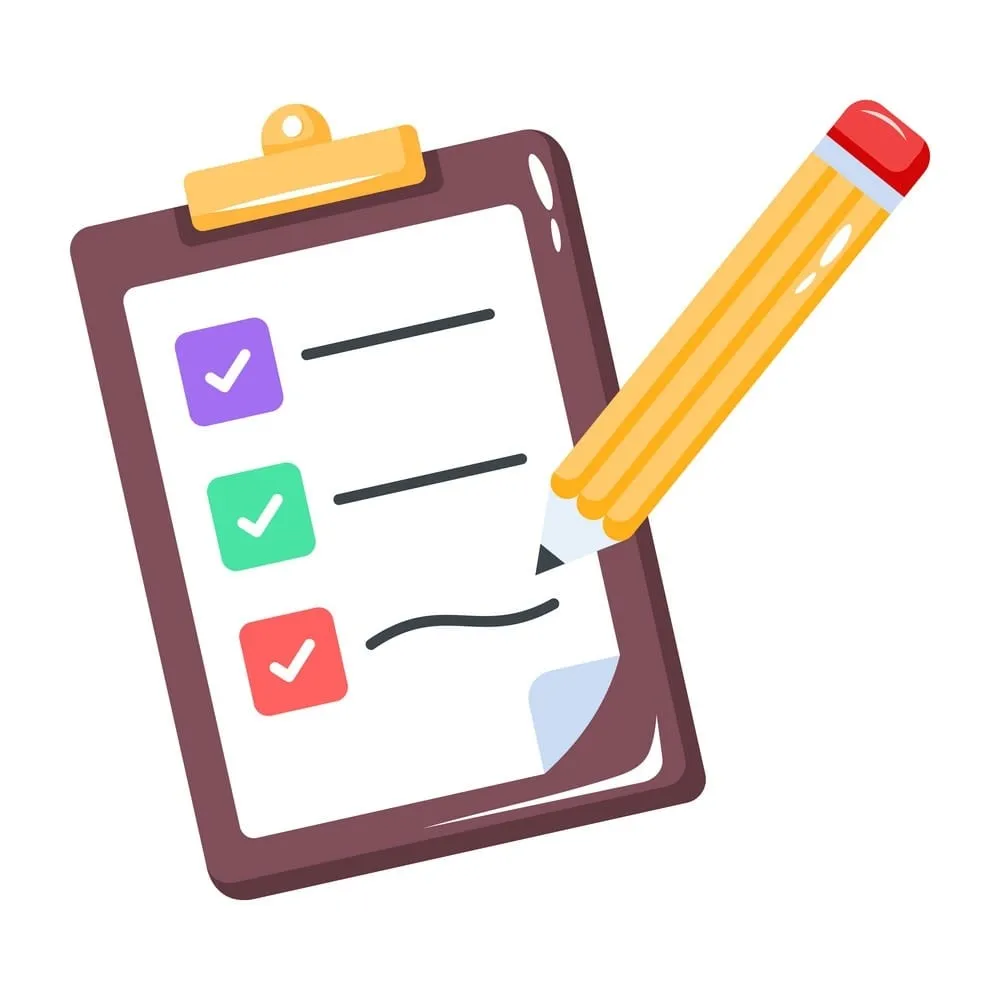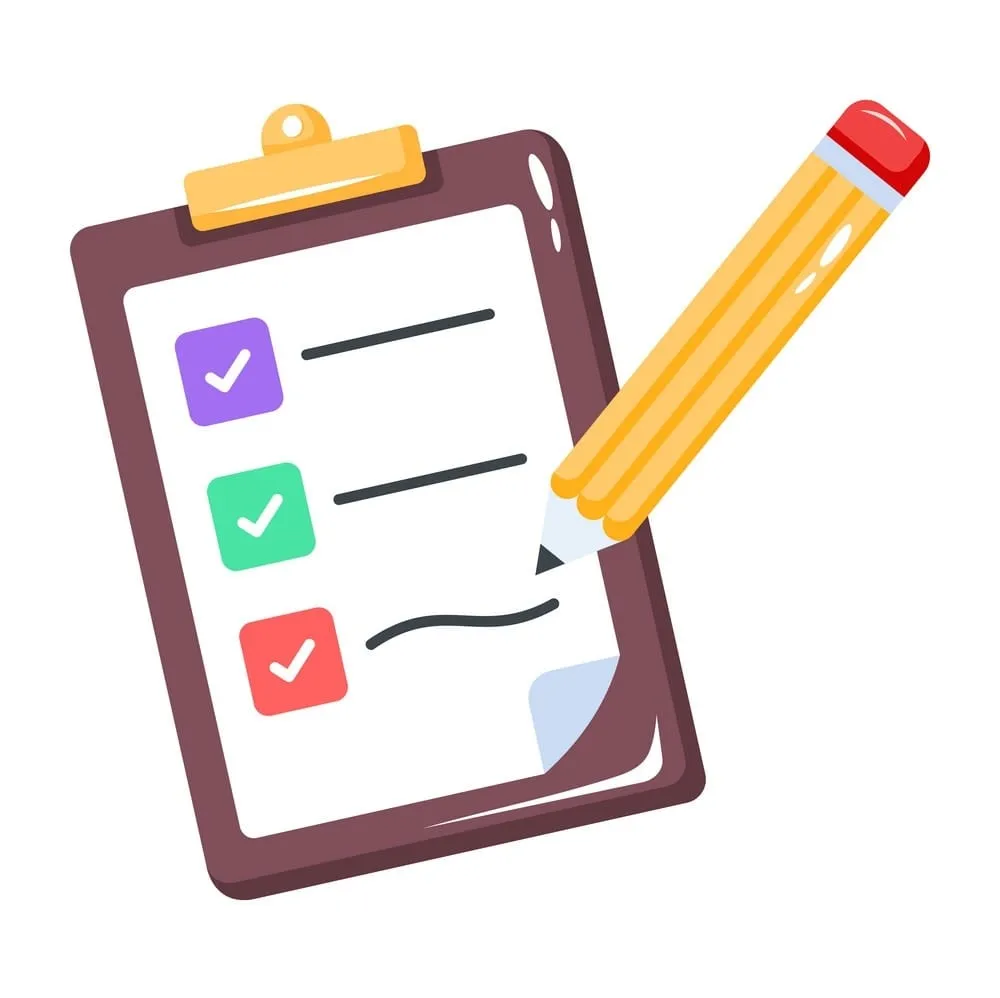
What After B. Pharmacy: Every year, many students choose to pursue a Bachelor of Pharmacy (B. Pharmacy) after completing their Class 12 in the medical stream. B. Pharmacy is a popular and well-respected course for those looking to have a career in the healthcare and pharmaceutical industries. Pharmacy is a unique field that combines science with the important skill of working directly with people, building trust, and improving their health.
After completing B. Pharmacy, students often wonder what their next step should be. While B. Pharmacy opens many doors to different careers, it can be unclear what path to take. This course offers various job opportunities and higher study options. This guide will help students explore all the possible career paths and higher education choices they can consider after B. Pharmacy, helping them make well-informed decisions about their future.
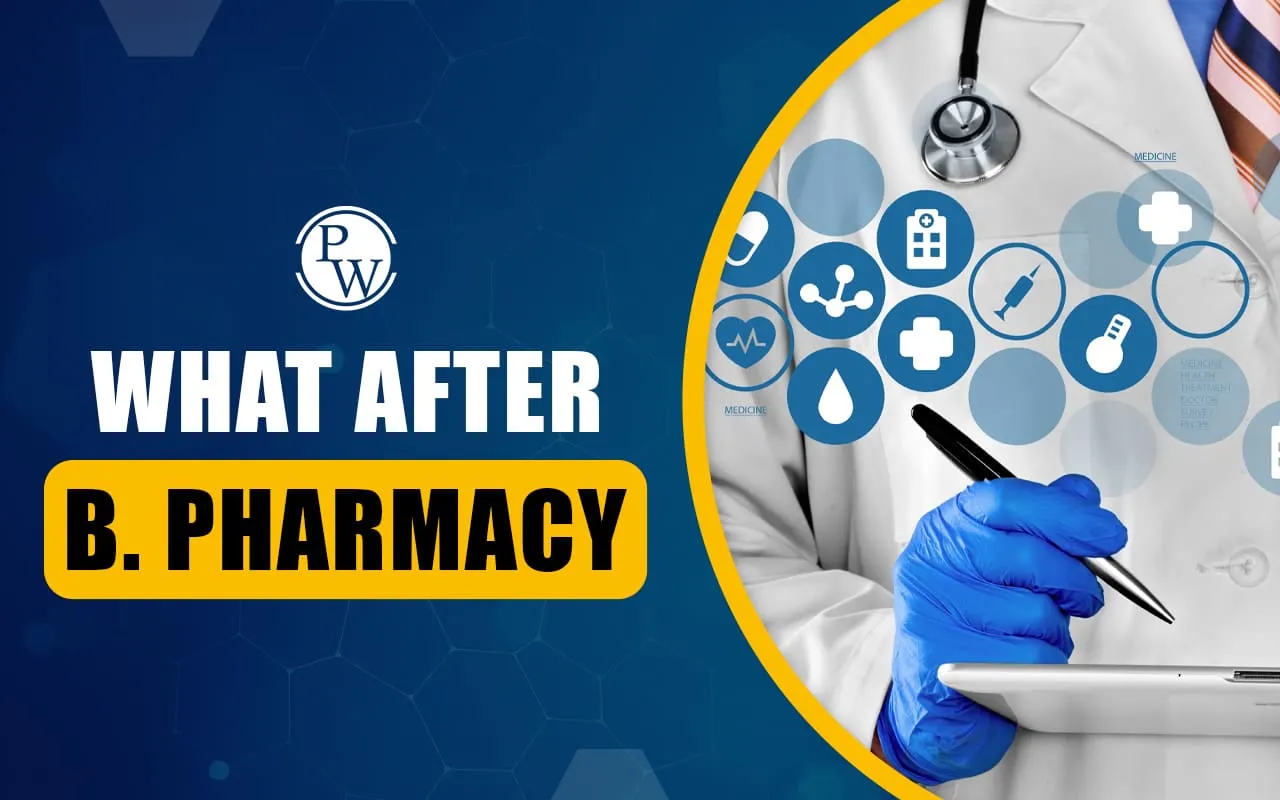
What is B. Pharmacy?
B. Pharmacy, or Bachelor of Pharmacy, is a four-year undergraduate degree program that focuses on the science of preparing and dispensing medicines. This program provides students with in-depth knowledge and skills related to drug formulation, their chemical properties, uses, effects, and patient care. Throughout the B. Pharmacy course, students learn about various medicines, their side effects, and how they impact the human body.
To be eligible for the B. Pharmacy program, students must have completed their Class 12 exams with subjects like Physics, Chemistry, and Mathematics. Students who wish to study at top universities in India often need to appear for an entrance exam to secure admission.
B. Pharmacy Course Overview
The Bachelor of Pharmacy (B. Pharmacy) is a four-year undergraduate program that focuses on the study of pharmaceutical sciences, drug formulation, and healthcare practices. The table below provides detailed overview of the B. Pharmacy course, including eligibility, entrance exams, career paths, and more.:
|
B. Pharmacy Course Overview |
|
|
Aspect |
Details |
|
B Pharmacy Full Form |
Bachelors in Pharmacy |
|
B Pharmacy Course Duration |
4 Years |
|
Regulatory Body |
Pharmacy Council of India (PCI) |
|
B Pharmacy Eligibility |
10+2 with a minimum of 50% aggregate marks in Physics, Chemistry, and Biology/Math |
|
Entrance Exams |
GPAT, NIPER JEE, MHT CET & more |
|
B Pharmacy Fees |
Rs. 40,000 – 1,00,000 (may vary as per university) |
|
B Pharmacy Salary |
Rs. 3,00,000 – 5,00,000 (may vary as per job profile) |
|
Courses After B Pharmacy |
M. Pharmacy, MBA in Pharmaceutical Management, PG Diploma in Pharmacy |
|
B Pharmacy Job Profiles |
Wholesaler, Drug Inspector, Pharmacis |
|
Focus Areas |
Health and Chemical Science, Drug Formulation, Pharmacology, Medicinal Chemistry, Pharmaceutics, Pharmacognosy |
|
Skills Acquired |
Drug Formulation, Patient Care, Healthcare Practices, Chemical Properties of Drugs, Drug Uses and Effects/Side Effects |
|
Career Paths |
Pharmaceutical Industry, Healthcare Sector, Research and Development, Higher Education |
|
Objective |
To prepare students for a professional career in the pharmaceutical and healthcare industry, emphasizing both theoretical understanding and practical training |
What After B. Pharmacy? Career Options and Jobs
What after B. Pharmacy? This is a common question among students who are unsure about their career paths or want to explore different opportunities after completing their undergraduate degree in B. Pharmacy. The answer depends on individual interests and goals. Some students choose to pursue higher education for specialization, while others prefer to start working immediately in pharmaceutical companies, healthcare sectors, or research fields. Additionally, many students prepare for government exams to secure jobs in the public sector.
Understanding the available career options can help students make informed decisions about their future. Below is an overview of different career paths after B. Pharmacy, including job opportunities and further education options.
Higher Education After B. Pharmacy- Courses List
After completing a B. Pharmacy, students have multiple options for higher education to enhance their knowledge and career prospects. Whether they want to specialize in a particular field of pharmacy, gain managerial skills, or enter the research and development sector, several postgraduate courses are available. Below is a list of popular PG courses after B. Pharmacy, along with their career prospects.
1. Master of Pharmacy (M. Pharm): M. Pharm is a two-year postgraduate degree that provides in-depth knowledge of pharmaceutical sciences. Students can specialize in areas such as Pharmacology, Pharmaceutics, Pharmacognosy, and Pharmaceutical Analysis.
Career Options:
-
Medical Writer
-
Pharmacist
-
Clinical Research Associate
-
Drug Safety Associate
-
Clinical Data Manager
2. MBA in Pharmaceutical Management: This two-year MBA program combines pharmaceutical knowledge with business and management skills. It is ideal for students who want to take leadership roles in the pharmaceutical industry.
Career Options:
-
Product Manager
-
Pharmaceutical Sales Manager
-
Business Development Manager
-
Market Research Analyst
-
Regulatory Affairs Manager
3. Doctor of Pharmacy (Pharm.D.): Pharm.D. is a six-year professional doctoral course that focuses on clinical pharmacy, patient care, and hands-on learning in healthcare settings.
Career Options:
-
Clinical Research Coordinator
-
Clinical Pharmacist
-
Hospital Pharmacy Director
-
Drug Information Specialist
4. M.Sc. in Clinical Research: This two-year postgraduate course provides knowledge of clinical research, drug development, and pharmaceutical regulations.
Career Options:
-
Clinical Research Coordinator
-
Clinical Research Physician
-
Clinical Scientist
-
Regulatory Affairs Officer
-
Drug Research Associate
5. PGDM in Pharmacy: A Postgraduate Diploma in Pharmacy or Pharmaceutical Management is a two-year industry-focused course that offers practical knowledge in pharmaceutical production, management, and marketing. It prepares students for various roles in the pharmaceutical industry.
Career Options:
-
Pharmaceutical Manager
-
Regulatory Affairs Specialist
-
Quality Assurance Manager
-
Business Development Executive
6. M.Sc. in Pharmaceutical Chemistry: This course focuses on drug discovery, formulation, and chemical analysis. It involves extensive laboratory work and research to develop new medicines.
Career Options:
-
Pharmaceutical Scientist
-
Research Associate
-
Quality Control Analyst
-
Drug Development Specialist
7. Master of Science (MS) in Pharmacy: This research-based postgraduate degree covers various aspects of pharmacy, including formulation sciences, drug development, and biotechnology.
Career Options:
-
Research Scientist
-
Drug Formulation Expert
-
Biotechnology Specialist
8. Master of Public Health (MPH): MPH focuses on public health policies, epidemiology, and healthcare management. It is suitable for students interested in healthcare administration and community healthcare services.
Career Options:
-
Public Health Specialist
-
Epidemiologist
-
Healthcare Consultant
9. Postgraduate Diplomas & Certificate Courses: For students looking for short-term specialization, several diploma and certificate courses are available:
-
PG Diploma in Clinical Research – Focuses on clinical trials and research methodologies.
-
PG Diploma in Pharmaceutical Quality Assurance – Covers quality control and assurance in drug production.
-
PG Diploma in Regulatory Affairs – Provides knowledge about pharmaceutical regulations and compliance.
-
Certificate Courses in Drug Regulatory Affairs, Pharmacovigilance, and Medical Writing – Short-term courses to enhance industry-specific skills.
Government and Private Sector Jobs After B. Pharmacy
A Bachelor of Pharmacy (B. Pharmacy) degree opens up many career opportunities in both the government and private sectors. The pharmacy field is well-respected and offers promising career paths with competitive salaries. Below is a detailed overview of the job options available for pharmacy graduates.
Jobs in Government Sector After B. Pharmacy
The government sector offers stable career opportunities with good salary packages, job security, and benefits. Below are some key government jobs for B. Pharmacy graduates:
|
Jobs in Government Sector After B. Pharmacy |
||
|
Job Role |
Job Description |
Salary Range (per annum may differ as per job profile) |
|
Pharmacist |
Dispensing medicines in government hospitals, clinics, and dispensaries. Managing drug inventory and assisting doctors in patient care. |
₹4.5 - ₹6.5 LPA |
|
Drug Inspector |
Monitoring the safety, quality, and distribution of medicines. Conducting inspections and enforcing drug regulations. |
₹6 - ₹9 LPA |
|
Regulatory Affairs Officer |
Ensuring compliance with government drug regulations and managing the approval process for new medicines. |
₹5 - ₹8 LPA |
|
Clinical Research Associate (CRA) |
Conducting and supervising clinical trials for new drugs and treatments. |
₹5 - ₹7 LPA |
|
Quality Control/Assurance Officer |
Ensuring pharmaceutical products meet government-set quality standards and regulations. |
₹4.5 - ₹6.5 LPA |
|
Lecturer/Professor |
Teaching pharmacy subjects in government colleges and universities. Conducting research and guiding students. |
₹6 - ₹10 LPA |
|
Research Scientist |
Engaging in pharmaceutical research and drug development funded by government organizations. |
₹7 - ₹12 LPA |
Jobs in Private Sector After B. Pharmacy
The private sector provides high-paying opportunities with career growth in pharmaceutical companies, hospitals, and research organizations. Here are some of the best private sector jobs for B. Pharmacy graduates:
|
Jobs in Private Sector After B. Pharmacy |
||
|
Job Role |
Job Description |
Salary Range (per annum may differ as per job profile) |
|
Pharmaceutical Sales Representative (Medical Representative - MR) |
Selling and promoting pharmaceutical products to healthcare professionals and institutions. |
₹3 - ₹6 LPA |
|
Medical Writer |
Writing scientific content such as research papers, medical reports, and pharmaceutical marketing materials. |
₹4 - ₹7 LPA |
|
Product Manager |
Managing the development, marketing, and sales of pharmaceutical products. |
₹6 - ₹12 LPA |
|
Pharmacovigilance Specialist |
Monitoring and reporting adverse effects of drugs to ensure patient safety. |
₹5 - ₹8 LPA |
|
Clinical Pharmacist |
Providing medication therapy and patient counseling in private hospitals and clinics. |
₹4 - ₹7 LPA |
|
Production Manager |
Overseeing the manufacturing and quality control processes of pharmaceutical products. |
₹5 - ₹10 LPA |
|
Regulatory Affairs Specialist |
Ensuring pharmaceutical companies comply with national and international drug regulations. |
₹5 - ₹9 LPA |
|
Research Scientist |
Conducting research for private pharmaceutical companies to develop new medicines. |
₹6 - ₹15 LPA |
Other Career Options After B. Pharmacy
Apart from govt and private job roles and higher education, B. Pharmacy graduates have numerous other career opportunities to explore. One such upcoming path is entrepreneurship, where graduates can start their own ventures in the pharmaceutical and healthcare industries. Here are some entrepreneurial and alternative career options for B. Pharmacy graduates:
|
Other Career Options After B. Pharmacy |
|
|
Career Options |
Description |
|
Pharmacy Chain |
Start your own chain of retail pharmacies, offering medications and healthcare products to the community. |
|
Pharmaceutical Manufacturing Unit |
Establish a facility to manufacture generic or specialized pharmaceutical products. |
|
Healthcare Consultancy |
Provide consultancy services to hospitals, pharmacies, and pharmaceutical companies regarding drug regulations and patient care. |
|
Online Pharmacy |
Launch an e-commerce platform to sell medicines and healthcare products online. |
|
Nutraceutical and Herbal Product Business |
Develop and market nutraceutical, herbal, and Ayurvedic products for wellness. |
|
Medical Equipment and Devices Business |
Sell or manufacture essential medical equipment and healthcare devices. |
How to Choose Right Career After B. Pharmacy?
Choosing the right career after B. Pharmacy depends on your interests, strengths, and career goals. Here are some simple steps to guide you:
1. Understand Your Interests
2. Explore Career Options
3. Build Relevant Skills
4. Consider Further Education
5. Gain Experience
What After B. Pharmacy FAQs
What is the best course after B. Pharmacy?
What is the future after B. Pharmacy?
What job after B. Pharmacy?
Can I do PhD after B. Pharmacy?
Can I do an MSc after B. Pharmacy?
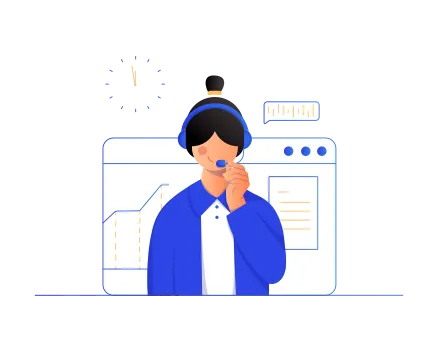
Get Free Counselling Today
Connect with our team of experts to get all your doubts resolved!
